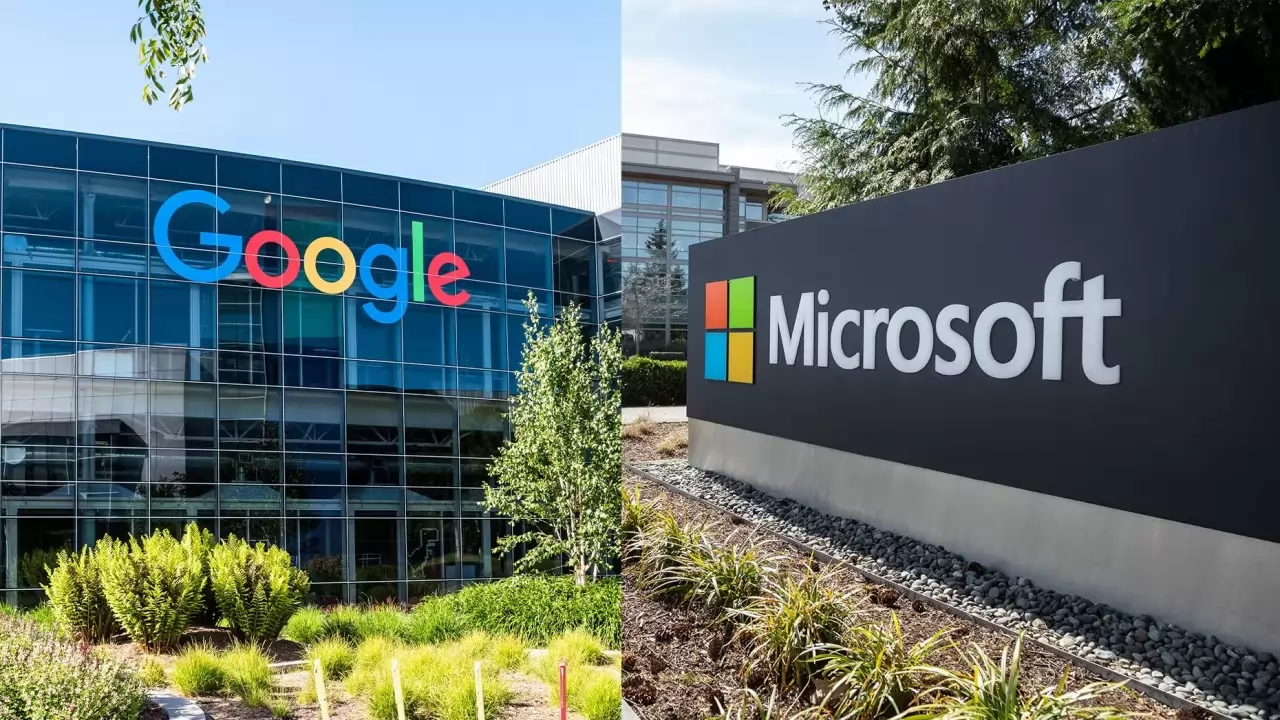
Microsoft and Google, two tech giants renowned globally, have filed a petition in the Delhi High Court, contesting a directive issued by a single-judge bench. This directive requires search engines to actively eliminate non-consensual intimate images (NCII) from the internet, even without specific URLs. The companies argue that this order poses technical challenges and exceeds the existing legal framework's scope.
During a session before a division bench comprising Acting Chief Justice Manmohan and Justice Manmeet Pritam Singh Arora, Microsoft highlighted the impracticality of complying with the single-judge's instructions due to technological constraints. They asserted that these directives surpass the established legal boundaries, making adherence challenging.
The appeals filed by Microsoft and subsequently by Google challenge the judgement delivered by Justice Subramonium Prasad on April 26. Microsoft initiated the appeal process, followed by Google filing a similar appeal. These appeals are set for consideration on May 9.
In Justice Prasad's judgement, social media intermediaries were cautioned about potentially losing their liability protection if they failed to meet the specified timeframe under the Information Technology Rules for NCII removal. The judge emphasised that search engines possess the technology needed to eliminate NCII content without victims repeatedly seeking court intervention, rejecting claims of helplessness in content removal or access disabling.
Senior advocate Jayant Mehta, representing Microsoft, contended that the single judge's reliance on Meta's tool for content removal was misplaced. He clarified that Bing, Microsoft's search engine, doesn't host content, making proactive content search and removal across its database technically unviable.
Mehta also raised concerns regarding the use of Artificial Intelligence (AI) tools for directive execution, highlighting AI's challenges in accurately distinguishing between consensual and non-consensual images. These arguments underscore the practical difficulties in implementing the court's directives given the current technological landscape.





Copyright © 2026 Top Indian News
